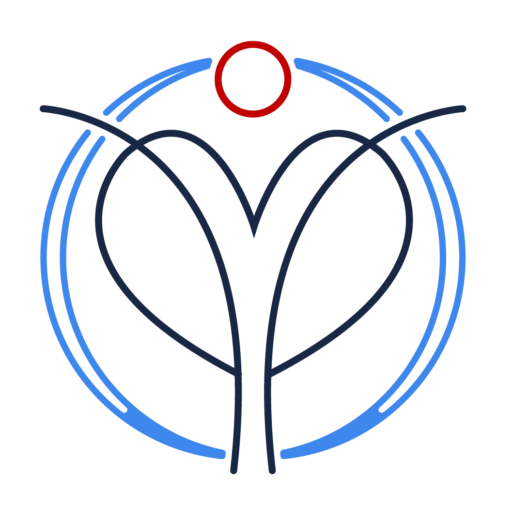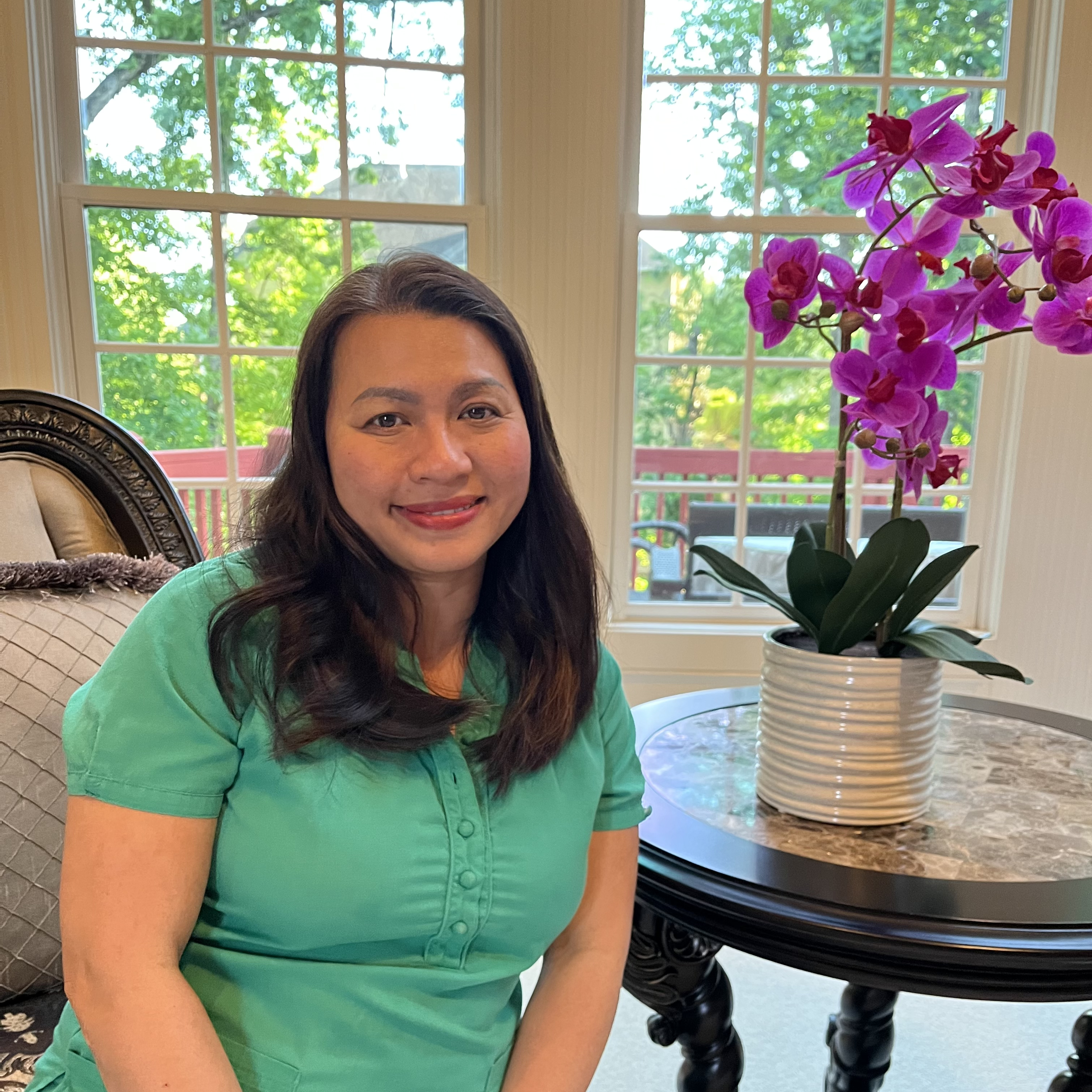What’s your name and job title?
Anhthu Le is an oncology pharmacist at Northside Hospital.
How long have you been working?
Mrs. Le graduated from pharmacy school in 2004and has worked in the pharmacy field for 19 years. She worked at Kroger for 9 years, and has worked at Northside for 10 years and counting.
Describe your schooling process.
Mrs. Le went to undergraduate school at Georgia Perimeter College for 2 years and then took the PCAT. After that, she got accepted to UGA and completed 4 years of pharmacy school. Normally, people have to take 4 years of undergrad before they can attend the 4 years at pharmacy school. However, because Mrs. Le got a perfect GPA and her PSAT score was very high, she was able to get into the program within two years.
How did you study for the PCAT?
Mrs. Le bought the PCAT practice book and practiced the questions that were provided in the book. It took her two attempts to pass the test because English was not her primary language. Mrs. Le came to the U.S in 1997 and got into the pharmacy program in 2000, so when she first applied, her English wasn’t great.
Why did you choose this job over other healthcare occupations?
Mrs. Le was in medical school in Vietnam, halfway done before she moved to the US. She still had an interest in the healthcare profession and wanted to find a career that wouldn’t require another 10 years of schooling.
Additionally, compared to other professions like doctors, Mrs. Le thinks that pharmacists have a good lifestyle. Pharmacists work 8 to 10 hours on shift. Then they go home, and that’s it. She likes that she doesn’t need to be on call or constantly worry about work after her shift.
What makes your type of pharmacy different?
There are so many different paths that a pharmacist can take. I worked in retail pharmacy (Kroger) where we dispensed medicine for people. I also worked in a hospital taking care of in-patients, but now I’m at the out-patient cancer center. However, in other paths you can work for a drug company, look at different protocols of treatment, or work at research centers.
Describe what you do on a daily basis.
As an oncology pharmacist, Mrs. Le…
- reviews protocols for different types of cancer treatment
- checks and verifies chemotherapy orders to make sure it’s accurate
- facilitates the making of the chemotherapy
- educates and counsels patients about the drug, its side effects, and what to expect when they are on chemotherapy
Describe the highs and lows of your job.
Highs: She feels that she is very helpful because she assists doctors to make sure that the protocols are accurate.
Additionally, in the oncology field, drug prep comes almost everyday. There are people who come to educate the pharmacists about new drugs and treatments, bring them free lunch, and take them out for fancy dinners!
Lows: Because Mrs. Le works with cancer patients, she has to see patients pass away every week. This is especially hard when she gets to know her patients well.
What is your greatest achievement during your medical career?
Mrs. Le was the pharmacist manager at Kroger where she was chosen for the pharmacist of the year at Kroger in 2009 after 5 years in the position.
Any advice for young, aspiring pharmacists?
To be a good pharmacist, Mrs. Le says to study hard and constantly learn because there are new drugs and treatments coming out every month that pharmacists must be up to date on.
Secondly, aspiring pharmacists need to have a passion for what they’re doing. There are different paths in the medical field that one can take, so you need to find what you have an interest for.
What qualities do you think make a great pharmacist?
You need to have good critical thinking and communication because you have to educate your doctors, nurses, and patients almost everyday.
You also need to be detail oriented, organized, and able to multitask. There were times when Mrs. Le worked in retail when she had to talk on the phone, type, and check the prescriptions at the same time.
Most importantly, you have to be caring about your patient’s well being because ultimately your job is to take care of patients. If you don’t care about people, then this won’t be a good career for you!


Leave a Reply